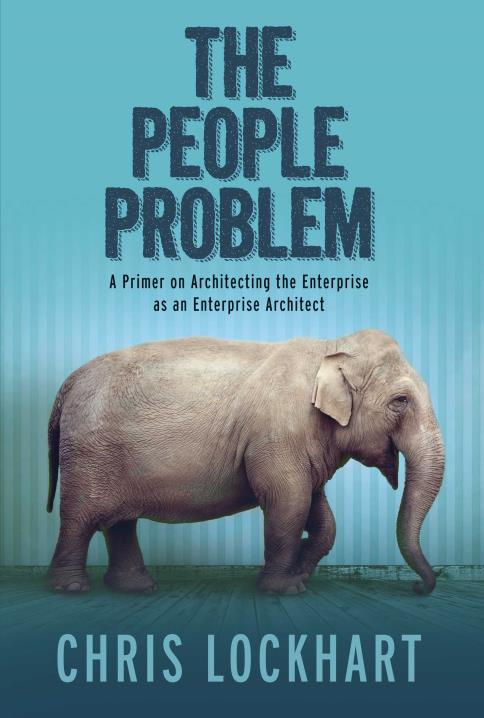- Description
- Chris Lockhart has more than nine years of experience in architecting, implementing, and testing technical solutions for large multi-line corporations representing several different industries. Chris has provided technical advice and thorough implementation strategies for highly complex integrated systems comprising security, middle-tier Web application components, messaging, collaborative middleware, and back-end data sources. He has focused on providing solutions that take advantage of portal technologies and service-oriented architectures (SOAs) to solve real-world problems for clients.
Buy My Book!
Tweeted Wisdom
Load MoreA homework assignment for people who think the United States is a "bully" for using tariffs:
Pick a random country. Any country.
Then, go to your favorite LLM and type in "what tariffs does (country of choice) have in place?"
Proceed to be enlightened, and then shut up.What is the truth about alcohol consumption
The OG Tabasco Hot and Spicy @cheezit is objectively the greatest flavor of cheez-it ever. It isn't even a discussion. @CitrusBowl @DustyDvoracek
 Consultants Saying Things
Consultants Saying Things- Episode 80: The One About Why Whynde and Chris Got Into Consulting
- Episode 79: The One About Enterprise Architect Skills for the Future
- Episode 78: The One About Building a Career Narrative
- Episode 77: The 2024 Christmas Special
- E76-01: Be Empathetic to Win Business
- Episode 76: The One About Winning New Business
- E75-01: Oliver Talks Ikigai
- Episode 75: The One About Existential Angst
- E73-02: Technologists Should Ask Better Questions
- E73-01: Phil talks good questions





